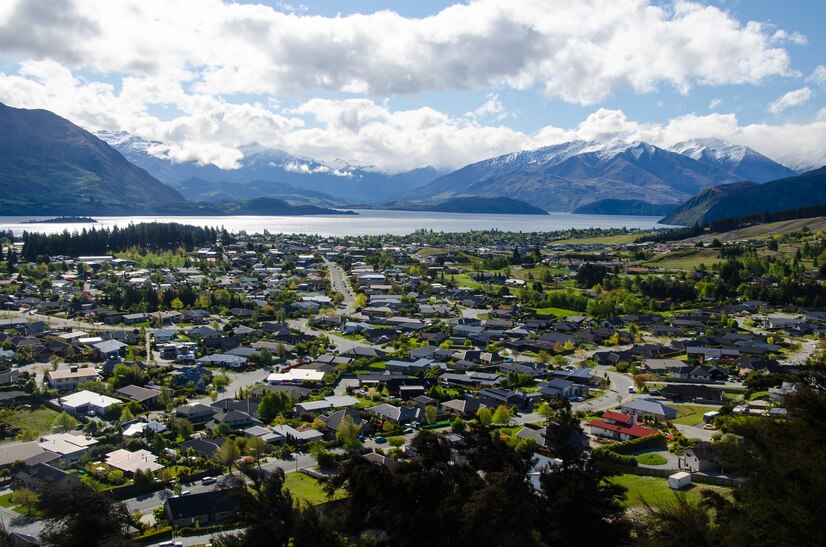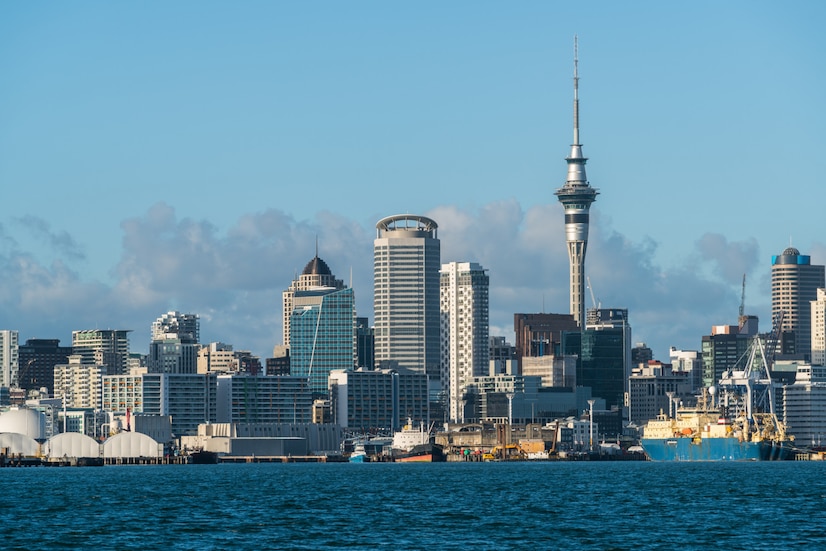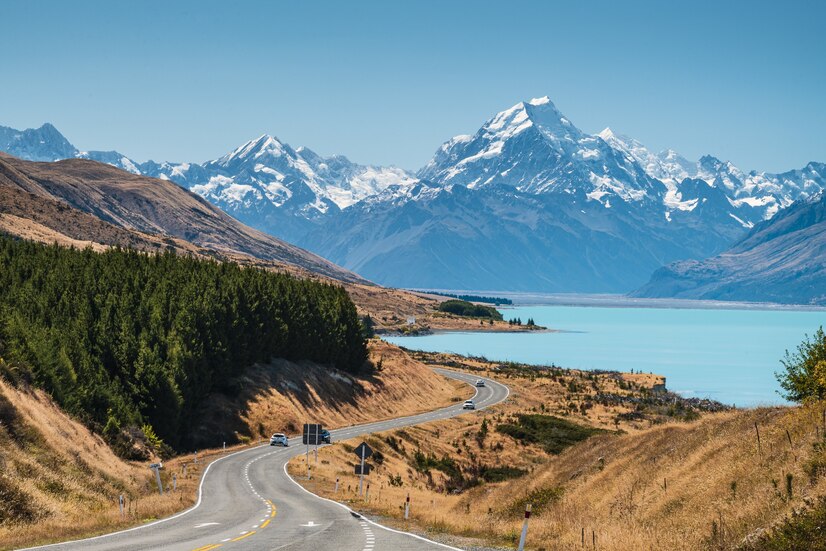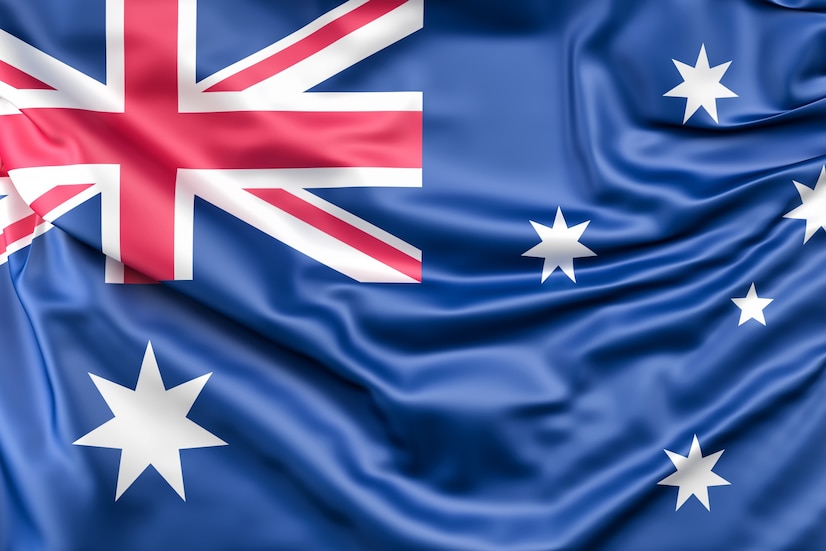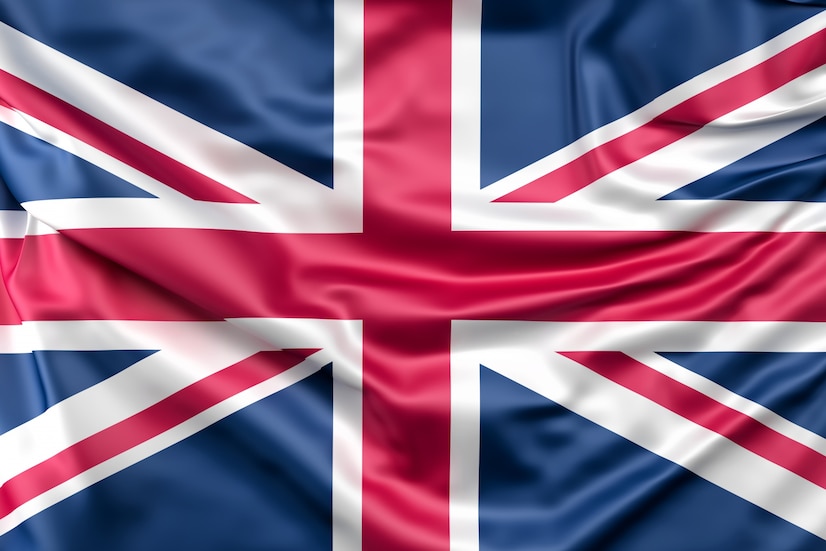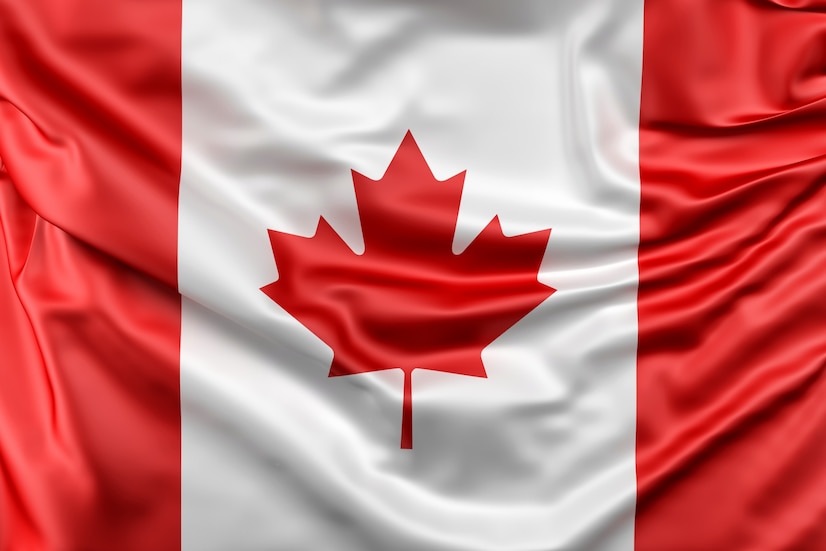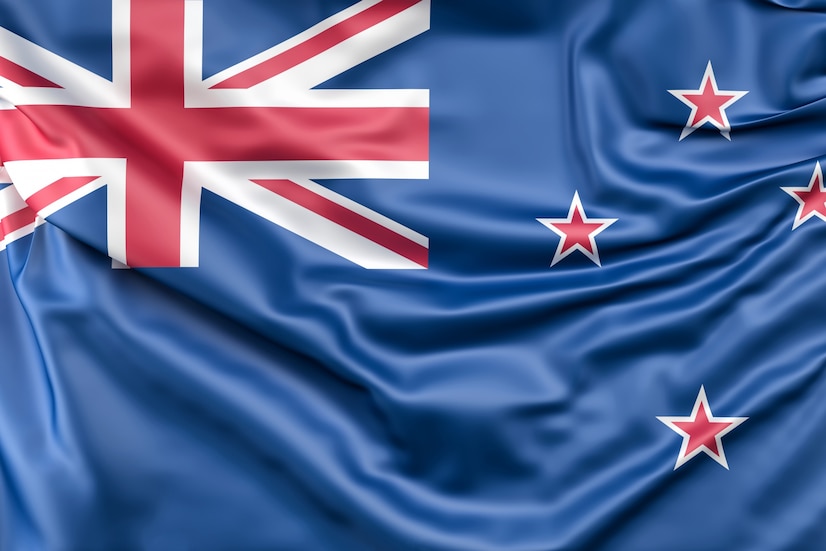New Zealand
For international students, studying in New Zealand provides the ideal blend of high-quality education, living experience, and employment chances. With lower expenses and international recognition, New Zealand qualifications effectively offer the "Best of Both Worlds." New Zealand qualifications are known for being both practical and up to date.
Why Study New Zealand
The school system in New Zealand is based on the famed British system. There are numerous study options available, including state-run primary and secondary schools, universities, polytechnics, colleges of education, and private training organisations. Polytechnics in New Zealand are well-known for their "Ready to Enter the Job Markets" programmes. Furthermore, seven of New Zealand's eight universities have routinely ranked among the top 500 universities in the world. After completing their studies in New Zealand, students get a visa to look for work and have the possibility to migrate.
Along with offering a unique learning environment, New Zealand universities, colleges and other educational institutions, offer an ambit of courses. Study in New Zealand for Indian students after 12th usually ranges towards the below given popular courses:
TOP COURSES
TOP COURSES
Career oppurtinities
Industry:
New Zealand's key sector primarily focuses on the computer software development industry, film, television and commercial production industry, services like banking, finance, advertising, property, tourism & hospitality, and food processing.
Employment:
International students who decide to study in New Zealand are eligible to work upto 20 hours per week during the academic year. Students can work full time (40 hrs) only during the summer holidays. You will be paid at least the minimum wage of NZ$18.90 an hour, though you may earn more than this. You will also be paid for annual and public holidays, and for rest breaks. International students who have graduated from a course in New Zealand that would gain points under the Skilled Migrant Category may apply for a grand job search visa. Eligible student’s partner may apply for a work permit, valid for the duration of the study course.
Future Scope:
New Post-Study Work Right Rules
Level 4 to 6 and non-degree Level 7 qualifications:
Earlier: Prior to the changes, students who studied for 24 months were entitled to a one-year open work visa and then a two-year employer-assisted work visa.
After Change: Now, two-year employer-assisted work visa has been removed and a one-year open work visa is retained. However, those who pursue their education outside Auckland can get a two-year open work visa.
Bachelor level qualifications:
Earlier: After 12 months of study students were entitled to a one-year open work visa and a two-year employer-assisted work visa.
After Change: One-year open and two-year employer-assisted visa is replaced with a three-year open work visa.
Post-graduate level qualifications:
Earlier: After pursuing 12 months study, students were entitled to a one-year open work visa and after that, a two-year employer-assisted work visa.
After Change: One-year open and two-year employer-assisted visa is replaced with a three-year open work visa.
Occupations Which Are Under Immediate Or Long Term Skill Shortage List:
Analytical Chemist
Architect
Building Project Management
Cardio/Respiratory Technicians
Civil Cad (Computer Aided Draughting Designer)
Clinical Research Associate
Construction & Maintenance Managers
Creative Industries Film Animators
Dietitian
Early Childhood Education
Electrical Engineering Technician
Electronics Product Engineering
Chef
Farm Management
Food Technologist
Graphic Artist
Information Technology
Instrumentation Engineering
IT Specialist
Mechanical Engineering Technician
Medical Radiation Technologist
Mining Engineer
Montessori Teacher
Nursing
Orchard Foreman
Physiotherapist
Power Systems Engineer
Quantity Surveyor
Specialist Petroleum Industry
Secondary Teachers
Social Workers
Traffic Planner
University Lecturer
Viticulturist
Veterinarian
Education System
Undergraduate Study In New Zealand:
Study in New Zealand for Indian students after 12th may occur at New Zealand universities, the course of study for a Bachelor's degree consists of a prescribed number of units, papers or courses. In each subject there are usually first-year (stage I or 100—level), second-year (stage 2 or 200 level) and third-year (stage 3 or 300 level) courses. A second year course may be commenced only after prescribed passes in the subject at stage I and a third-year course only after required passes in the subject at stage 2.
Postgraduate Study In New Zealand: In order to attain a Masters in New Zealand for Indian students, the first degree a student is able to gain in New Zealand is as elsewhere, a Bachelor's degree. With a completed Bachelor's degree, a graduate may be able to go on to a Masters degree. These degrees may be awarded with honors, an indication both of the challenge the course presents and of the student's achievement in it.
Postgraduate Diploma: A one-years full-time, designed for graduates, it builds on the subject matter in the academic field of the previous degree.
Graduate Diploma: A 1 year, full-time course of study for graduates. It does not always require its students to have prior learning or experience in the subject matter of the Diploma.
Master's Degree: The Master's degree is open to those who have completed a Bachelor's degree. The course of study is usually of one or two year's of full-time study or its equivalent in part-time study. The work required normally builds upon the prior knowledge gained in the major part of the Bachelor's degree, and most or all of it is in that discipline. It is at a more advanced level that is normally reflected in the content of the work; in the mode of teaching, which are likely to emphasize seminar presentation; and in provision of research experience for the candidate. A thesis is an account of a substantial piece of research. Many Master's degrees include a thesis component, and in some cases, particularly those that are taken after a four-year Bachelor's (Honors) course, the degrees may be thesis-only. However, increasingly Masters' degrees by papers, or papers plus research, are becoming available. The successful student is expected to show, as the title implies, a real grasp of the subject, demonstrated by an understanding of the discipline, a capacity to reflect upon it, and an ability to undertake research into it.
Doctorate: New Zealand Doctoral Research scholarships are a significant educational opportunity. Doctorate programs generally take at least 3 years of full time study to complete. It is a fully research based degree. PHD students pay domestic tuition fee that is a ‘benefit’ of fee difference from international fees to domestic fees. Scholarships are also awarded to the students on the basis of academic merit and research ability by the university. The scholarship’s doctoral degrees are in research in New Zealand universities. The scholarship funding covers international tuition fee, a monthly living allowance, travel, health, insurance, books and thesis allowance.

